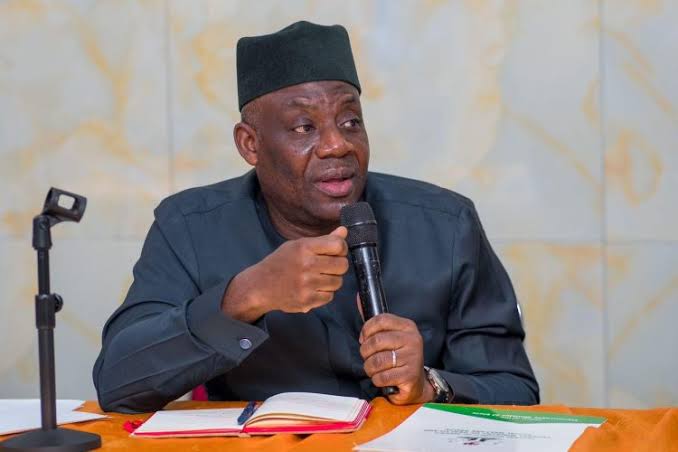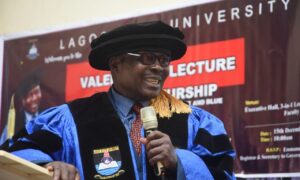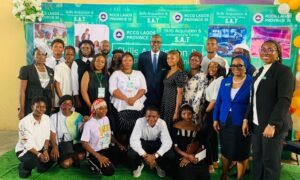The Federal Government is considering a significant shift in Nigeria’s education system by proposing a 12-year compulsory basic education model. Minister of Education, Dr. Tunji Alausa, disclosed this during a press briefing in Abuja on Friday, emphasizing that the plan is still in the consultation phase.
Speaking at the Extraordinary National Council on Education Meeting on Thursday, Alausa introduced the proposal aimed at restructuring the existing 6-3-3 system to ensure students receive a full 12 years of uninterrupted education. A key highlight of the plan is the removal of the examination barrier between Junior Secondary School (JSS) and Senior Secondary School (SSS), allowing for a seamless transition without external assessments at that stage.
However, the minister clarified that this is not an immediate policy change but rather a subject for discussion. Over the next eight months, the government will engage in extensive consultations with policymakers, state governments, educators, parents, and other relevant stakeholders before reaching a final decision at the National Council on Education Meeting in October 2025.
The minister also revealed that the council approved several other significant initiatives, including a national anti-bullying policy, the integration of native languages in primary education, and minimum age policies for admission into tertiary institutions. He stressed that these measures are in line with global best practices, citing examples from the US, UK, and Ghana, where a 12-year education system has yielded positive results.
“What we’re saying is that we need to move from what we have now as nine years of compulsory education to 12 years of compulsory education as it’s obtained in other parts of the world.
“If you look back into the history of Nigeria, 30 years ago, people that went to primary education and got up to standard six, if you compare the level of education, the level of instruction, even the standard three there, it’s much better than what we get in GSS three now.
“Today, our quality of instruction and education is falling. If we let these kids continue to graduate, if we let these children tell them that they only have nine years of compulsory education, we’re literally just training illiterates. We’re not preparing them for the future,” Alausa said.
He also highlighted the government’s commitment to increasing funding for early childhood education and improving the overall quality of public schools. He assured that the transition to a 12-year system would be carefully planned to minimize disruptions.
“We already have a universal basic education that gets 2% of the conservative level. I’m going to go to Mr. President about increasing the current level of funding to add basic education to 2% of conservative revenue to 5% of conservative revenue. We’ll ask for that,” he added.
As consultations continue, stakeholders are expected to play a crucial role in shaping the future of Nigeria’s education sector. The proposed policy aims to equip students with the necessary skills to thrive in further education and the workforce, ultimately enhancing the nation’s human capital development.
The Students Forum Nigeria serves as the ultimate hub for Nigerian students, fostering academic growth, social engagement, and knowledge sharing.






















